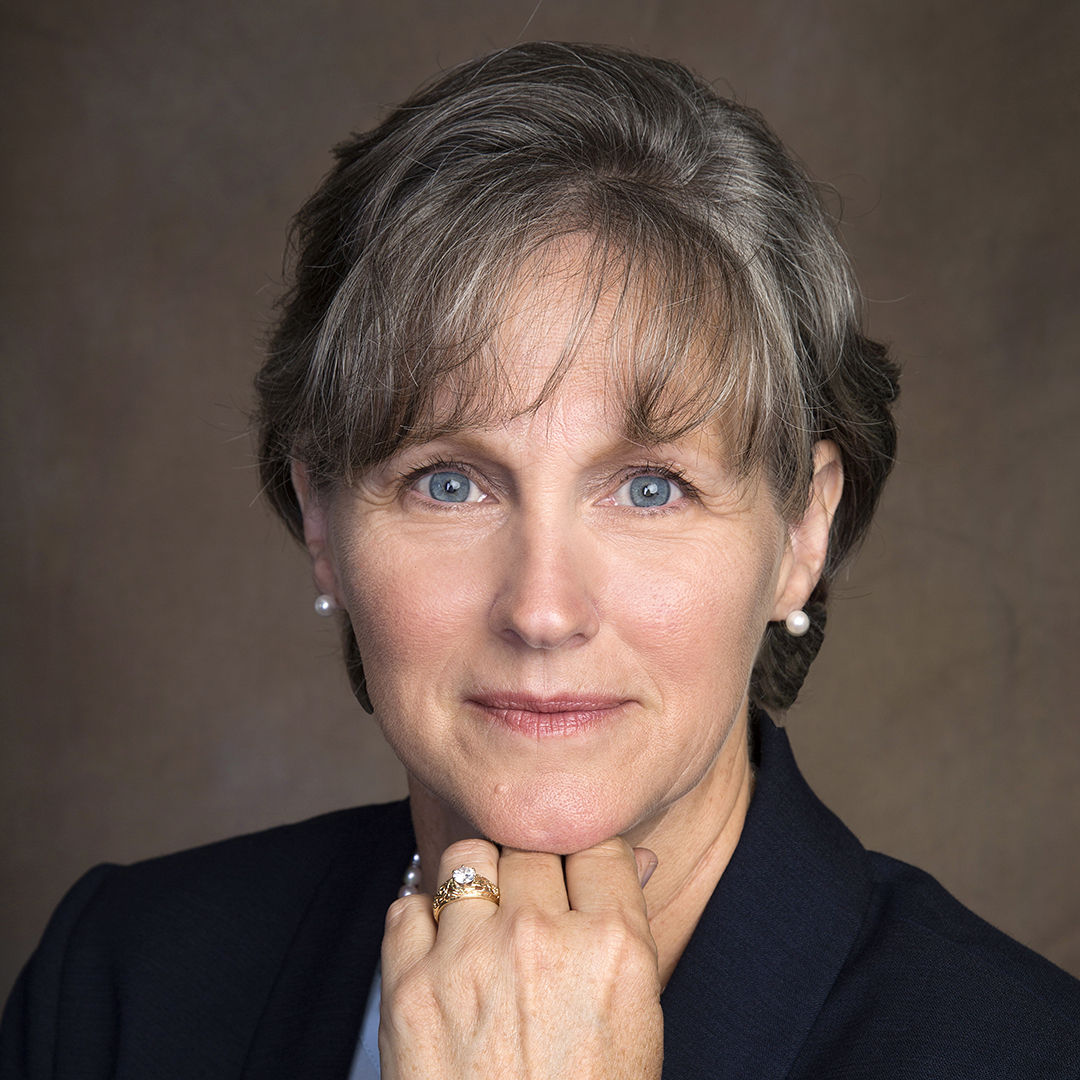As a global power solutions leader, Cummins specializes in manufacturing engines, filtration systems, and generators all around the world. As expected, the breadth of the company’s market requires effective, universal communication. Head of Global Litigation and Assistant Corporate Secretary Karen Weber is instrumental in maintaining these positive, practical connections to help drive both the mission and the legal function of Cummins across the globe. Her work requires not only a keen eye to detect possible solutions and complications in operations but also a knack for building genuine and honest relationships among employees, colleagues, and stakeholders.
Weber employs several essential methods to successfully unite all branches under a common goal. The first step is ensuring that everyone is starting with the same information. As her message moves across the globe, she recognizes the considerable likelihood of information getting lost along the way. Therefore, she regularly reflects upon the quality of her interactions to assess the effectiveness of each conversation.
Doing so lends itself to understanding the structure of specific business relationships across regions while simultaneously strengthening them. This technique requires concurrent reflection as much as it requires postreflection. As such, Weber has learned how to mend communication gaps in real time to deter them from becoming problematic later. Employing this method, though perhaps difficult at first, became second nature over time. She cites a colleague who first presented this technique to her:
“When I first joined Cummins, I had the opportunity to work with a colleague in Europe, who led a regional team for many years. I listened to him respond to issues and manage situations, and I noticed his tone and the cadence in which he spoke,” she says. “He spoke in a manner that intentionally left opportunity for others to speak and engage, which allowed them to translate and consider his response. I share this experience with others as they develop their global relationships because it is a subtle but highly effective tactic.”
As improved communication strengthens both internal and international bonds at Cummins, Weber has also extended her efforts into further developing strong working relationships with external council members by implementing a convergence process in Canada, the United States, and across the globe. This process encourages member involvement by offering educational opportunities to deepen their knowledge of the company’s processes, such as designing and manufacturing engines used for everything from trucks to drilling equipment.
Weber articulates the importance of employees’ learning about the intricacies of the company’s far-reaching work. The legal department is also encouraged to extend its expertise into the external counsel community to help enhance its culture of utility. “We invite members to take a plant tour, go to engine school, and engage in pro bono opportunities with us,” Weber explains. In addition to serving as an educational platform for its employees, the process allows Cummins to inspire feedback from all branches that “further evaluates and invites diverse perspectives” and “controls its legal status to drive success.”
As these projects embolden the company’s legal function across the world, the team maintains a sharp eye on its incredible achievements at home. When Cummins was established more than one hundred years ago, its primary focus was on manufacturing diesel energy solutions. Now, the company has modernized its approach, updating previous inventions by incorporating new technology into older designs. Recently, Cummins has worked to develop clean diesel fuels and natural gases as well as a range of hybrid solutions and electric vehicles. In fact, it will bring its first electrified powertrain to markets later this year, which will expand Cummins’s portfolio to carry it toward the innovations of the future. Weber considers this “an exciting time in our industry” and revels in the opportunity her colleagues in the legal function have to support these projects by acting like strategic partners while they’re developing.
As it advances toward the future, Cummins’s mission stands: to “make people’s lives better by powering a more prosperous world.” In her role, Weber ensures that each decision she makes is aligned with the needs of customers, employees, and stakeholders. By communicating the culture of Cummins across these platforms, its mission has manifested itself across the globe in different communities, each uniquely creating an environment that enables each member of the team to achieve success. For Weber, by strengthening these bonds, they’re concurrently building authentic leaders.
As an authentic leader, Weber notes, she seeks both positive and negative feedback about her work style and behavior from a variety of sources across Cummins, including her team members, C-suite leaders, and the company’s board of directors. Based on this feedback, she adjusts her leadership approach. “Building trust is a key to my success,” she says, “and in order to do that I continue to be vulnerable and transparently share my failures and weakness as well as the things I am proud of.”
This authentic approach to leadership is championed throughout the company. “At Cummins, we’re devoted to our values and expect our leaders to be authentic and build trust,” Weber says. “I’ve learned that I need to integrate both my personal and work self in the workplace to be successful. Every function is connected, and I believe authenticity leads to better leadership and a better workplace.”
***
Foley & Lardner LLP:
“Karen’s legal experience, business acumen and dedication to Cummins make her indispensable to the organization, as demonstrated by her track record of managing a global team and steering the company through significant legal and business issues.”


